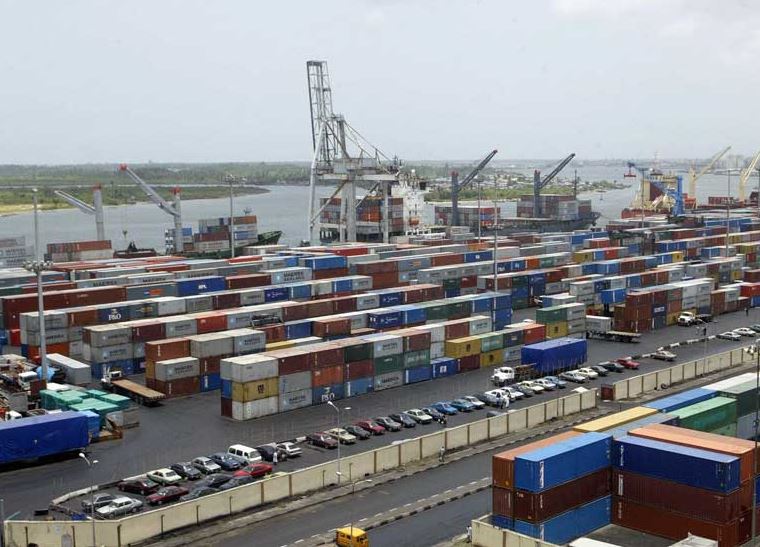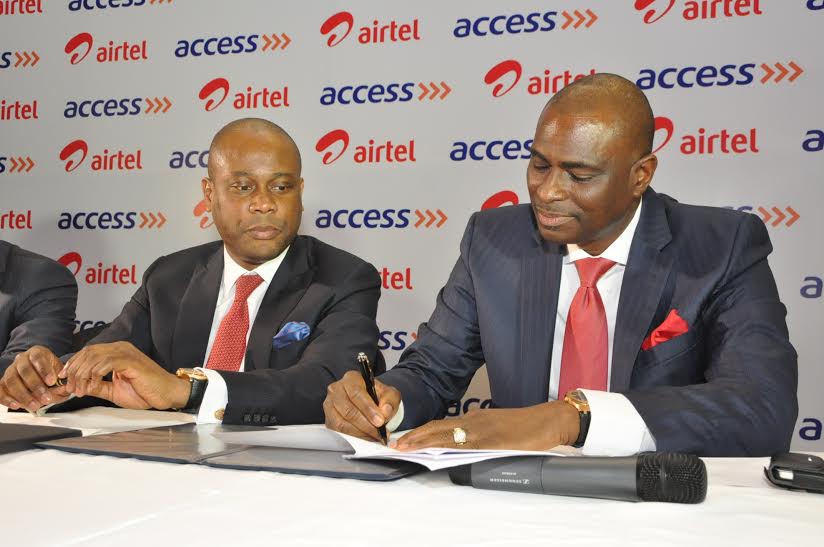The federal government and port operators lost about N40bn to the 11-day strike that crippled Apapa Port last month, the National Association of Government Approved Freight Forwarders said on Tuesday.
This was contained in a statement issued in Lagos by Simeon Nwonu, public relations officer of the association, which recognised the strike as needless.
It expressed concern over the long ship waiting time experienced at the port during the strike.
“For the avoidance of doubt, it is on record that the alleged complaint against APMT operations (the concessionaire of the Apapa Container Terminal) is not peculiar to Apapa Port,” the statement, according to NAN, said.
Advertisement
“The issue of arbitrary charges is a matter which affects almost all terminal operators in Nigerian ports. This matter, at present, is being handled by the Nigerian Shippers’ Council as the commercial regulator. We are aware that a case is pending at the High Court between the terminal operators and Nigerian Shippers’ Council with regards to arbitrary charges.”
APMT, as a world-class terminal operator and an investor in Nigeria, requires the support and protection of the country.
“If the agency of government, which has the schedule to administer our ports had performed well, it is obvious that our ports may not have been ‘concessioned’,” the association said
Advertisement
The statement identified the Nigeria Customs Serviceas a good example, having retrieved its statutory function from the service providers after several years, with the help of the freight forwarders of Nigeria.
“We do hope that the Nigerian Ports Authority will take advantage, using its oversight functions to ensure that our ports are friendly and competitive.
“The essence and primary objective of port concession is to bring about efficiency, competitiveness and reduction of costs.
“It is most unfortunate that human element problems, including but not limited to corruption; non-compliance with import regulations, disregard for rule of law and inadequate cargo handling equipment are the bane of our port operations.
Advertisement
“The Nigerian seaports, like any other all over the world, are transit areas for goods and persons. What we see today is that ports are being used as warehouses and thereby distorting the entire system in ports administration and management.’’
NAGAFF cited the provisions of Section 31 of the Customs and Excise Management Act (CEMA) as to the dwell time of cargo in the ports which should not exceed 30 days.
“Thereafter such goods would be moved out of the port for further action, including but not limited to processes leading to auction.,” it said.
“It is also a fact that the cargo scanners are not optimal in their performance, due to frequent breakdown.”
Advertisement
The statement also condemned the administration of the Pre-Arrival Assessment Report (PAAR) regime and maintenance of the scanners by the customs service with a “meagre” sum of 7 per cent of the total duty collected.
“We advocate that the Nigerian Shippers’ Council be allowed to conclude the ongoing court processes with the terminal operators to resolve the issue of arbitrary charges and other incidentals,” it said.
Advertisement
“All members of NAGAFF are to exercise restraint in any matter leading to the closure of the port and explore all amicable avenues with the authority.”
Advertisement
Advertisement
Add a comment





